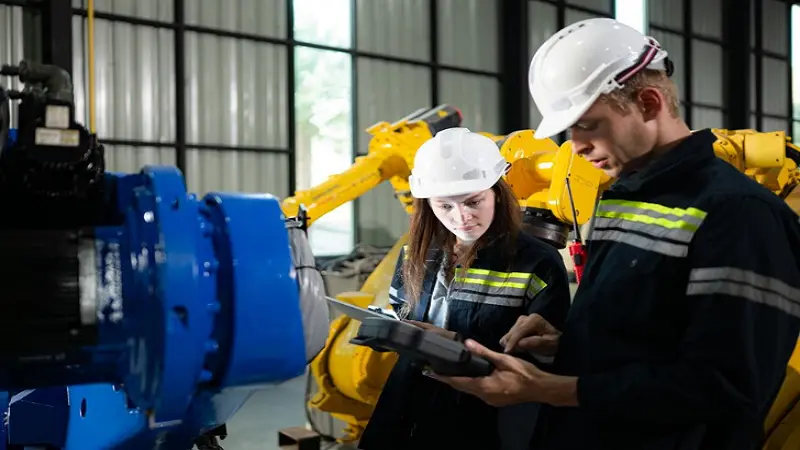Are you aware of the critical role check valves play in safeguarding your systems? How can businesses in Australia benefit from these essential components? As industrial operations become more complex, ensuring the integrity and efficiency of fluid control systems is vital. What makes these mechanisms so indispensable?
The significance of check valves in Australia cannot be overstated. These components are designed to allow fluid to flow in one direction while controlling backflow, ensuring that systems operate smoothly and safely. This article will explore the importance of these devices, highlighting their benefits and offering insights for Australian businesses.
The Role of Unidirectional Flow Control
One of the primary functions of these devices is to maintain unidirectional flow within pipelines. In many industrial applications, it’s crucial to prevent reverse flow, as it can lead to system malfunctions, contamination, or even equipment damage. By automatically closing when the flow reverses, these mechanisms ensure that fluids continue to move in the intended direction. This is particularly important in systems where pressure changes frequently, as it helps maintain consistent operation and protects sensitive equipment from unexpected stress.
Enhancing System Safety and Reliability
System safety is a top priority for any business, especially in industries that deal with hazardous materials or high-pressure systems. These devices act as failsafes, automatically preventing backflow that could lead to leaks, pressure surges, or equipment failures. For instance, in water treatment plants, these mechanisms help prevent contamination by ensuring that treated water does not mix with untreated sources. In manufacturing, they can protect machinery from damage by stopping fluid reversal that could cause operational disruptions.
Choosing the Right Type for Your Needs
When selecting the appropriate component for your system, it’s necessary to evaluate the specific requirements of your application. Various types are available, each designed for different conditions and materials. Some common types include swing, ball, and lift variants, each offering unique advantages depending on the operating environment. For instance, swing options are ideal for systems with low-pressure drops, while ball types are suitable for applications requiring minimal leakage. Knowing the distinctions between these options can help businesses make informed decisions that enhance system efficiency and longevity.
Benefits of Regular Maintenance and Inspection
Just like any other component in an industrial system, regular supervision and inspection are crucial to ensure these mechanisms function optimally. Over time, wear and tear impact their performance, leading to potential system failures. Regular inspections help identify issues before they evolve into significant problems, allowing businesses to take preventive action. Ensuring that these components are clean, properly lubricated, and free from waste can extend their lifespan and maintain system efficiency.
Advantages of Investing in Quality Components
Investing in high-quality elements is essential for the long-term success of any system. Quality devices are more durable, reliable, and efficient, decreasing the risk of unexpected failures and costly repairs. For Australian businesses, sourcing these parts from reputable suppliers can ensure that they meet the necessary standards and perform well under local conditions. While the initial cost of high-quality components may be higher, the long-term savings in care and downtime make it a worthwhile investment.
The importance of check valves in Australia extends beyond mere fluid control—they are critical to maintaining the safety and efficiency of industrial systems. By ensuring unidirectional flow and preventing backflow, these components protect both equipment and personnel. Investing in quality devices, performing regular maintenance, and choosing the right type for your application are all essential steps in safeguarding your system’s integrity. For Australian businesses, these considerations are vital for achieving long-term success in any operation that relies on fluid control systems.





